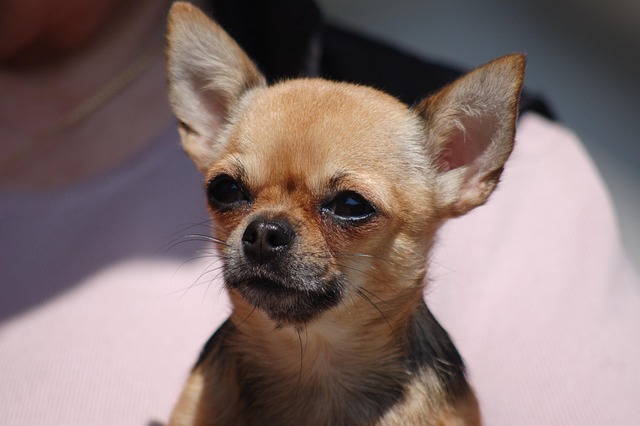
How do i train my dog to be obedient?
Watching your dog dart across the park ignoring your calls isn’t just frustrating—it can put them at risk near busy streets or public spaces.
Watching a litter of 3-week-old puppies waddle toward their mom, tiny tails wagging, makes you wonder: Should they be trying solid food by now? Last spring, my neighbor in Ohio fostered a litter of Chihuahua mix puppies, and at 3 weeks, she started putting down a shallow dish of softened kibble, thinking “earlier is better.” But the vet quickly set her straight—puppies that young aren’t ready, and here’s why.
A 3-week-old puppy’s digestive system is like a tiny, delicate machine. Their tummies can’t handle solid food yet; they’re designed to digest only their mom’s milk, which has the perfect mix of nutrients and antibodies to fight off germs. Think of it like a human baby: you wouldn’t feed a newborn mashed potatoes, right? Those puppies in Ohio? They got diarrhea after trying the kibble, which dehydrated them fast. Their little bodies just weren’t ready to break down anything besides milk. By 4 weeks, their teeth start coming in, and their stomachs mature—that’s when you can start slow.
When the time comes, mix warm water with puppy formula (not cow’s milk, which upsets their tummies) and a tiny bit of high-quality puppy food, mashing it into a soupy texture. The Chihuahua puppies loved lapping this up, though they made a mess—so lay down a towel! Start with 3-4 small meals a day, letting them eat as much as they want in 10 minutes. By 6 weeks, you can thicken the mix, and by 8 weeks, they’ll be chomping on dry kibble (soaked a little if needed). Always check with your vet first—they’ll adjust portions based on the breed; a Great Dane puppy needs more than a Yorkie, even at the same age.

Legal and cultural norms tie into this too. In most states, puppies need their first round of vaccines around 6-8 weeks, so keep track of those dates—rabies shots are mandatory once they’re old enough, and a healthy diet helps their immune system. When you eventually take them outside (after vaccines!), always bring poop bags—cleaning up is part of being a responsible owner, even with tiny puppies. And remember, positive reinforcement starts early: praise them softly when they eat well, never scold if they make a mess. Those little brains learn trust from kindness, not frustration.
Apartment living with puppies? Keep their feeding area away from busy spots—no one wants kibble under the couch. The Ohio neighbor used a shallow plastic bin to contain the mess, which made cleanup easier for her and kept the apartment smelling fresh. When neighbors stop to coo over the puppies, ask them to wash hands first—germs spread fast, and keeping puppies healthy is a team effort. Small courtesies make your building a happy place for everyone, including your growing litter.
3 weeks is too soon, but patience pays off. Those Chihuahua puppies? By 5 weeks, they were scarfing down their softened food like pros, and by 8 weeks, they were ready for their forever homes—strong, healthy, and full of energy. Trust their timeline, and you’ll set them up for a great start.

Watching your dog dart across the park ignoring your calls isn’t just frustrating—it can put them at risk near busy streets or public spaces.

New puppy owners often find themselves rushing to clean up accidents before they set in, and that’s where puppy pad training becomes a game-changer.

If you've noticed your dog's waistline disappearing and your veterinarian has mentioned those few extra pounds, your first instinct might be to simply reduce the amount of food in their bowl.

Training a dog to use a designated spot indoors isn’t as daunting as many new owners fear, but it does take consistency and an understanding of your pet’s needs.

That moment of dread on a walk is all too familiar for many new dog owners. You see another dog approaching down the sidewalk of your neighborhood

If the sight of another dog on your neighborhood walk makes your heart sink as your own dog erupts into a frenzy of barking and lunging, you're not alone.